KABUL, Afghanistan – It is the stuff of nightmares: a car burned into oblivion, others smashed and singed. Children’s toys and shoes, blackened and blown apart, windows smashed, and doors lurched from hinges on impact.
Some 19 days after the U.S. government claimed it thwarted an ISIS-K terror attack with a targeted drone strike on a terrorist bomber less than two miles from Kabul’s Hamid Karzai International Airport (HKIA), officials finally admitted late Friday it was all a “mistake.”
Instead, the drone strike hit a longtime aid worker for a U.S. group, Zmaray Ahmadi, 38, as he pulled into the driveway of that now decimated home. The 10 victims – three adults and seven children – all lived together in the home, with some 15 other extended family members, including Zemari’s three brothers.
Zmaray, whose name has been spelled in previous reports as “Zemari,” lost three children: Farzad, 11; Faisal, 16, and his eldest, Zamir, 20, a student. Zmaray’s brother, Aimal, lost a daughter, Malika, 3.

A great niece, Sumaya, just 2-years-old, was also killed, along with Zmaray’s nephew, Naser, 30 – who had worked closely with U.S. Special Forces in Kandahar and was less than a week away from getting married.
Zmaray’s youngest brother, Romal, who was sitting in the living room when the drone struck, lost all three of his children: daughter Ayat, 2; and sons Bin Yamin, 6, and Arwin, 7.
“No one has apologized, no one has helped us,” Romal Ahmadi told The Post Saturday morning, just hours after the Pentagon confessed to the blunder. “[They] Americans can’t bring back our brother, children, our nephews. If they apologize that would be sufficient.”
Romal speaks softly and calmly, a portrait of his composure. Yet his eyes constantly dart to the floor as if trying to still wrap his head around the tragedy that took so much of his family.

Several other family members in the home also worked for various international organizations throughout the protracted war, and were together waiting for the call to head to the chaotic airport with their approved SIV, or special immigrant visa, paperwork.
The family hailed from Nejrab in the Kapisa district, some 65 miles away, but were living in Kabul.
Zmaray had a ritual in which he honked the horn when pulling up at their bright blue-green gate – and the small children would then rush to the car, Romal recalled. The slain man’s son, who was also killed, would rush to the driver’s side window as the car came in.
“We initially heard the sound and then it blasted the car,” Romal remembered. “Every moment I miss them and every moment I feel in sorrow.”
The surviving brothers huddle together on the floor of a damaged room, looking through pictures of the dead. The grapes they were eating and a pot of tea they shared when tragedy upended their lives remain untouched.
The Aug. 29 strike, which President Biden initially lauded as having foiled an imminent terrorist attack on U.S. forces, was green-lit after U.S. intelligence trailed a Toyota Corolla – the most common car in Kabul – for eight hours, suspecting it had been parked at a possible ISIS-K safe house.
However, a Central Command investigation has since found Zmaray was returning to his crowded home in the Khwaja Bughra district after a day working to support beleaguered Afghans enduring a humanitarian crisis and was loading water – not explosives – into his car, surrounded by children, when the hellfire missile was unleashed.
U.S. Defense Secretary Lloyd Austin issued a statement calling Zemari an “innocent victim,” adding, “we apologize” — only nobody has come to deliver the message directly to the mourning family, who have also been rendered homeless and forced to live with other relatives in small spaces scattered around the capital.
Romal’s feet are burned from the bomb and it’s evident he is still in a state of shock. He tells me his wife and family too are in a state beyond comprehension.
“Nobody is normal now, including the neighbors and the elders and kids. If we tell them, ‘Let’s go home,’ they say no and that it is not a good place to be,” he continues.
Zmaray was his eldest brother, considered the patriarch of the close-knit family who supported his siblings after they lost their jobs.
“He was a very kind person and we were left at a young age to him from our parents, he got sisters married and was the sole provider for the family,” Romal said. “Zmaray would have been in America if he would have been alive now.”
Outside, children play in the narrow alleyway with smiles, and others stare straight ahead. Across the way, a woman, Parisa, demonstrates how the blast even blew out parts of her windows and cement home.
“I buried white brain [matter] from the incident in my yard. There were body parts on the tree, on the roof and the ground. We have washed all the flesh and cleaned up,” she said, motioning to the angry purple scars where shrapnel burned her face.
She and her family now live in constant fear, she said.
While the error-filled strike marked one of the final, haunting U.S. military acts before the frenzied departure two weeks after the Taliban took control of the Presidential Palace, it was not an anomaly in the two-decade conflict.
According to data from Harvard University’s Kennedy School and the Brown University Costs of War Project, more than 47,000 Afghan civilians were killed in the bloodshed. A May 2021 analysis by humanitarian news site Relief Web also concluded that 40 percent of all civilian casualties from Afghan airstrikes – just under 1,600 – over the past five years were children.
But the latest grim miscalculation calls into question the reliability of U.S. intelligence and the safeguards in the controls over the use of lethal drones by the U.S. worldwide, as well as casting doubt on the Biden administration’s ability to target threats without a U.S. footprint. It remains to be seen if any individuals involved will be held to account.
“The U.S. was guessing while blindfolded. It caused the innocent lives of people who supported America. It is clear that both military and civilian inquiry is warranted. Protocols need to be examined and changed to prevent this from happening again,” asserts Dennis Santiago, a U.S.-based global risk assessment and defense analyst. “I believe the U.S. is honor-bound to compensate the families of the victims of this tragedy.”

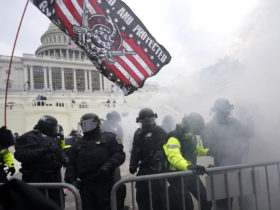
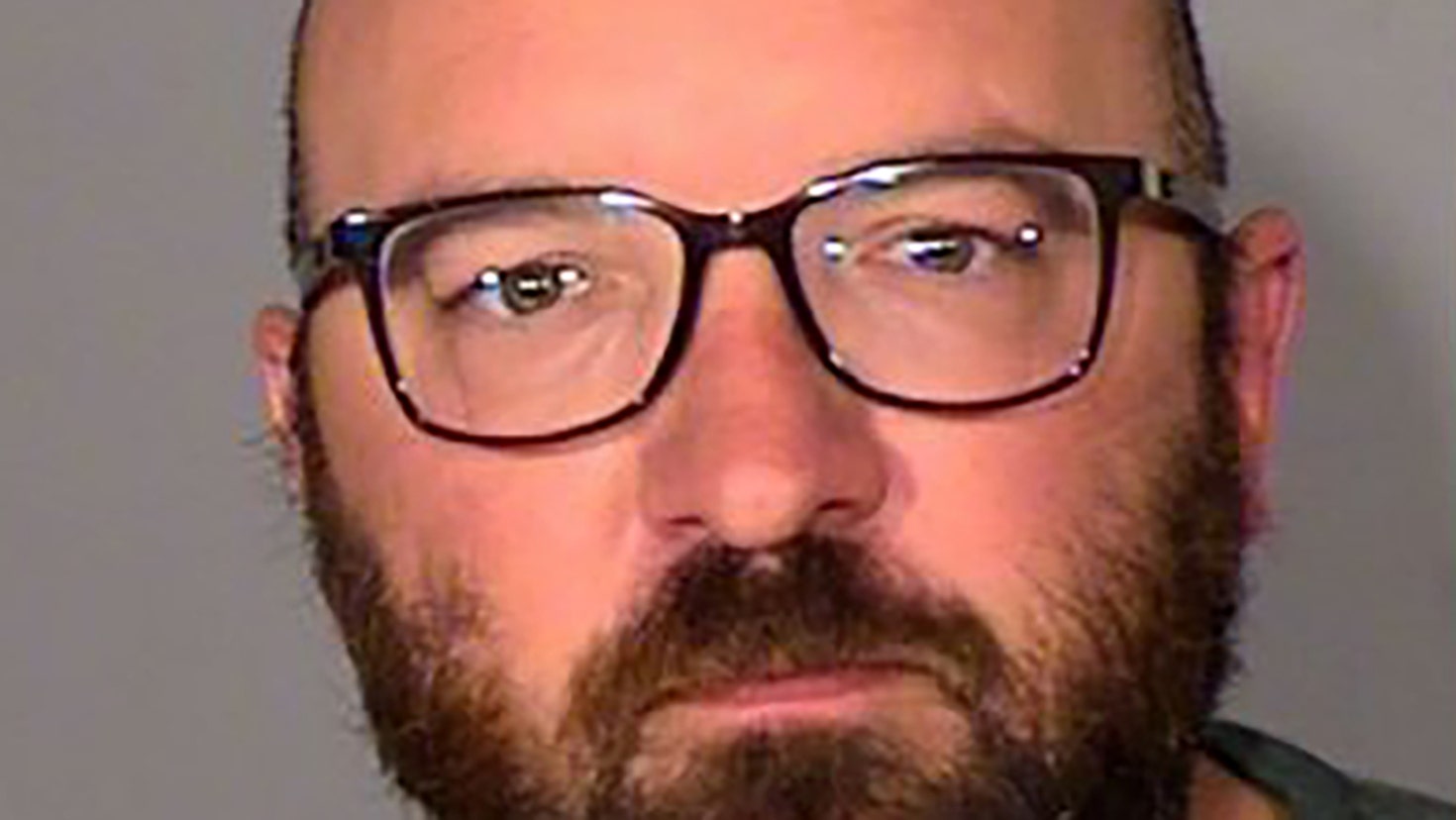

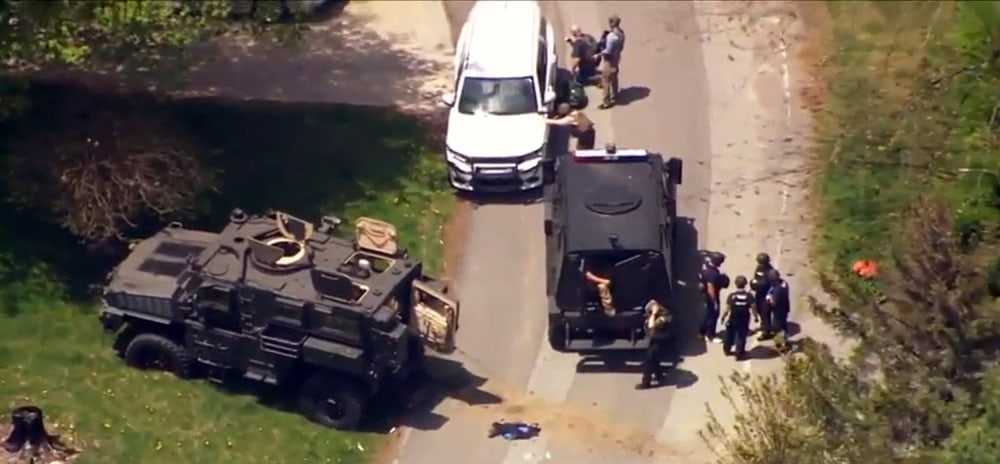
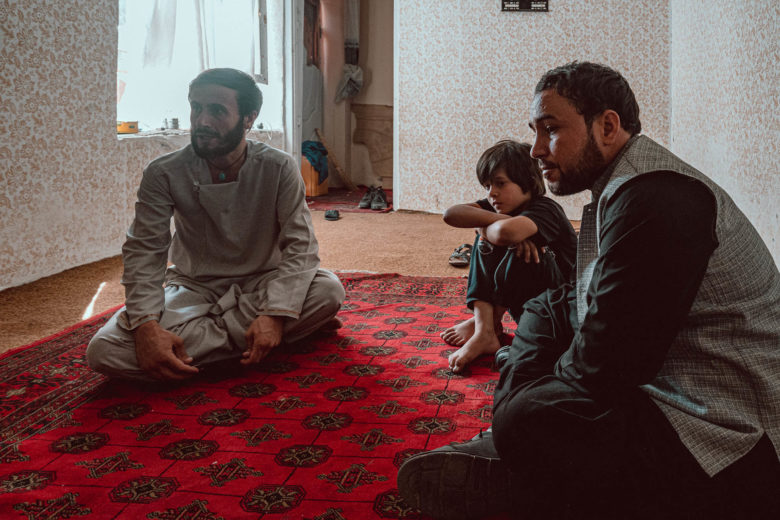
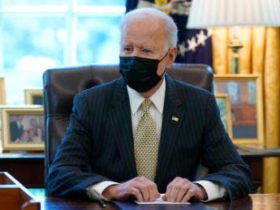




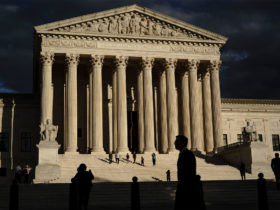

Leave a Reply